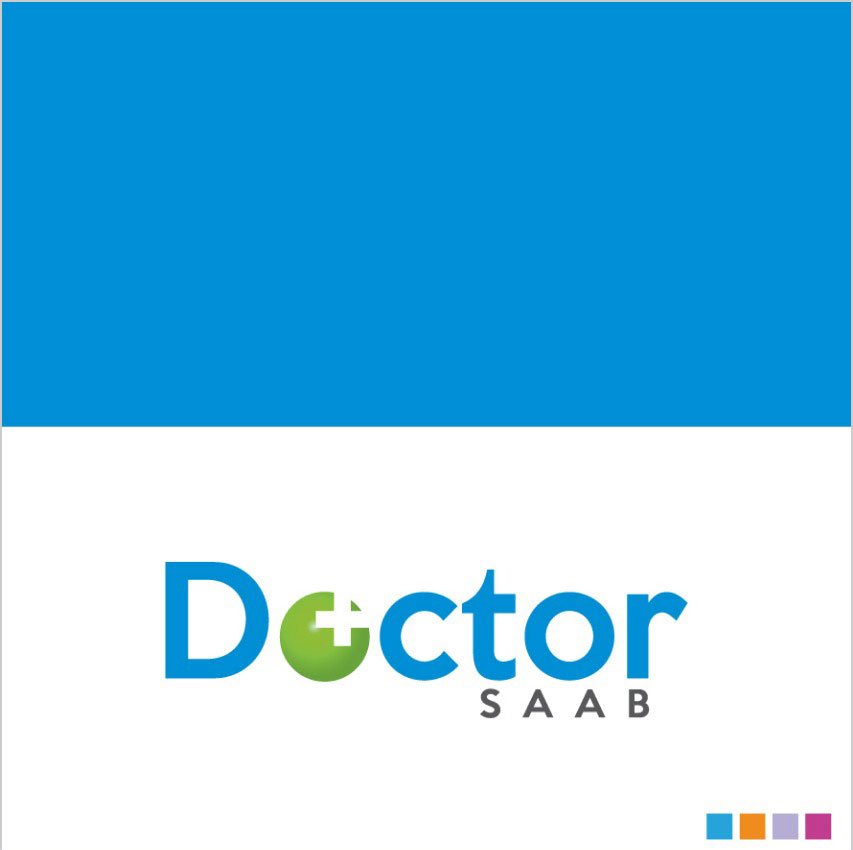High Blood Pressure (Hyperglycaemia)
What is High Blood Pressure (Hyperglycaemia)
High blood pressure is a condition in which blood pressure stays above a healthy range and puts too much force against artery walls. Blood pressure is measured by two numbers, for example, 140/90. The top number is called systolic pressure and measures the pressure when the heart beats. The bottom number is called diastolic pressure and measures the pressure as the heart rests between beats. A person has high blood pressure if the top number is 140 or higher or if the bottom number is 90 or higher. In most cases, there's no one cause of primary high blood pressure. High blood pressure often happens with age. Other risk factors are being overweight, having a family history, heavy drinking, lack of exercise, poor diet, and other factors. Primary hypertension often develops over years. Secondary hypertension is caused by an underlying condition such as kidney problems, some medications, and tumors on the adrenal glands. Left untreated, high blood pressure can damage the heart, arteries, and kidneys and greatly increase the risk for stroke and heart attack. Eating a healthy, low-salt diet, getting regular exercise, quitting smoking, staying at a healthy weight, and taking medication can lower blood pressure to a healthy range.
Symptoms of High Blood Pressure are-
Headache,Lightheadedness,Flushed skin,Erectile dysfunction,Dizziness,Change in vision,High blood pressure
Treatment
You may be able to lower blood pressure by making lifestyle changes. If those aren't enough, your doctor will prescribe medication. The type of medication depends on your condition and stage of high blood pressure, and can include:
1.Thiazide diuretics, or water pills, to help your body get rid of excess water
2.Angiotensin-converting enzyme (ACE) inhibitors, which help relax blood vessels
3.Angiotensin II receptor blockers (ARBs), which help relax blood vessels
4.Beta-blockers, which slow your heartbeat
5.Calcium-channel blockers, which relax the muscles of blood vessels
If you're still having trouble getting your blood pressure under control, your doctor may prescribe other medications.
Self Care
You can help lower by blood pressure by:
1.Eating a healthy, low-fat, high-fiber diet, such as the DASH diet
2.Limiting sodium (salt) to less than 1,500 milligrams a day, or less than 3/4 of a teaspoon
3.Exercising at least 30 minutes a day, 5 days a week
4.Staying at a healthy weight
5.Managing stress
6.Limiting alcohol to no more than 2 drinks a day for men and 1 drink a day for women
7.Quitting smoking
When to See Your Doctor
If you monitor your blood pressure at home and it stays high, call your doctor. Also, call your doctor if you notice medication side effects. Do not stop taking your medication without talking with your doctor.
Get immediate medical attention if you have signs of heart attack or stroke, including:
Pain, fullness, or squeezing in your chest,Pain or discomfort in the jaw, neck, back, stomach, or one or both arms,Shortness of breath,Lightheadedness,Cold sweats,Nausea,Sudden confusion,Difficulty speaking,Sudden numbness or weakness in the face, arm, or leg, especially on one side of the body,Difficulty seeing,Sudden dizziness, loss of balance, or trouble walking,Sudden, severe headache
Diagnosed By
Your doctor can diagnose high blood pressure by taking your medical history, doing a physical exam, and taking blood pressure readings on several occasions. You also may have blood and urine tests, an electrocardiogram, and other tests if needed
Authenticated by:


